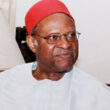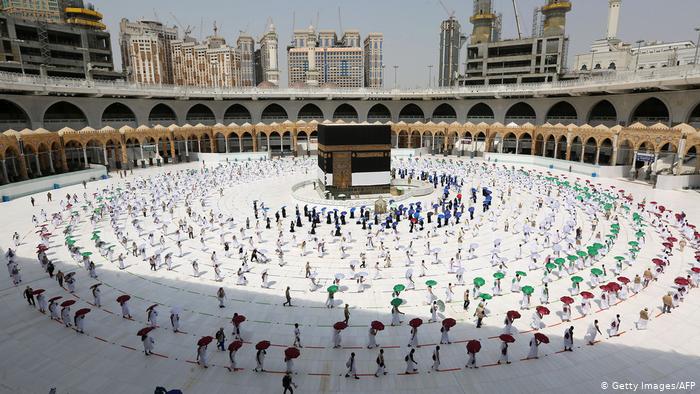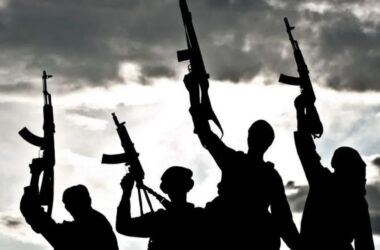Reports indicate that 11 Nigerian state governments have spent an estimated ₦6.2 billion on their citizens who traveled to Saudi Arabia for the 2024 Hajj pilgrimage.
While some states provided cash gifts and items to ease the journey, others offered little to no support, raising debates over the use of public funds.
In Kano State, each of the 3,345 pilgrims received 50 Saudi Riyals as a goodwill gesture from the state government. The Emir of Karaye, Alhaji Muhammad Maharaz Karaye, who represented Governor Abba Kabir Yusuf, conveyed this support during a meeting with pilgrims at the Kano House in Makkah.
Alhaji Lamin Rabi’u Danbappa, Director-General of the Kano State Pilgrims Welfare Board, noted that the disbursement was well-organized. He also added that each pilgrim would be given a large travel bag for the return trip.
Kebbi State took a different approach. While the state did not subsidize the fare for its 3,800 pilgrims, Governor Nasir Idris approved a token of 200 Riyals for each pilgrim during their stay in Saudi Arabia.
Lagos State, which also did not offer a fare subsidy, saw Governor Babajide Sanwo-Olu donate 180 Riyals each to its 1,315 pilgrims. This amounted to over ₦98 million in total. Jigawa State pilgrims received 100 Riyals each from their government as a Sallah gift.
Sokoto State, however, stood out. Governor Ahmed Aliyu visited pilgrims in Mina and announced a generous gift of 1,000 Riyals—roughly ₦450,000—for each of the 3,200 pilgrims from the state.
He said this was to support them as they prepared to return home. The State Amirul Hajj, Alhaji Ummarun Kwabo, thanked the governor and noted that the committee’s effort helped ensure a smooth hajj operation.
In Borno State, Deputy Governor Umar Usman Kadafur shared that the government paid for the sacrificial rams (hadiyya) for its 2,174 pilgrims. However, Malam Dauda Iliya, adviser to Governor Babagana Zulum, stated that he was not aware of any additional subsidies provided.
These state-level contributions have sparked public debate. Professor Yahaya Tanko, a public affairs analyst, said that spending billions on hajj while insecurity and poverty persist is a poor use of resources.
“This is a misplacement of priorities by government. They do not seem to value governance, especially issues of real concern to the people,” he said. He noted that many citizens live in fear, are unable to farm or access basic services, and still struggle with kidnappings and displacement
Tanko added that while security is a federal matter, the residents affected live in states, and therefore state governments must also invest in safety. “Without security, all other investments, be it in education, health, or agriculture, amount to nothing.”
Sheikh Fuad Adeyemi, the national chief imam of the Al-Habibiyah Islamic Society, also shared his concerns. He said the funds could have been better used, for example, to educate the children of the pilgrims.
“The billions could have been used to sponsor the education of the children of the pilgrims. This would benefit the pilgrims, the children and by extension the community, for which they would be grateful for life,” he said.










